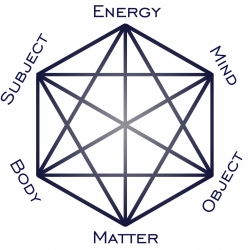
IRA is here!
Idealogical Reference Architecture (IRA): an epistemological interpretation of quantum mechanics has been published in pre-print. Abstract below. DOI link here.
Here we expand upon some of the ideas we have proposed around metaphysics…
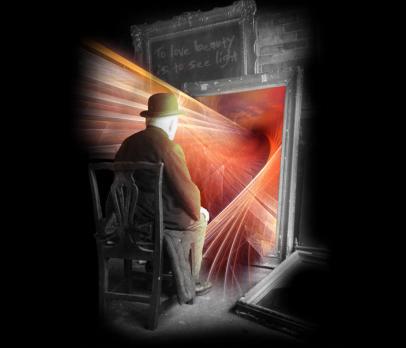
The Postmodern Condition: Is it Fatal?
What we attempted to do with Theology Reconsidered, at least one of things we attempted to do, was to establish the intellectual framework, the rational grounds you might say, that underpins states of consciousness that broadly fall under the…
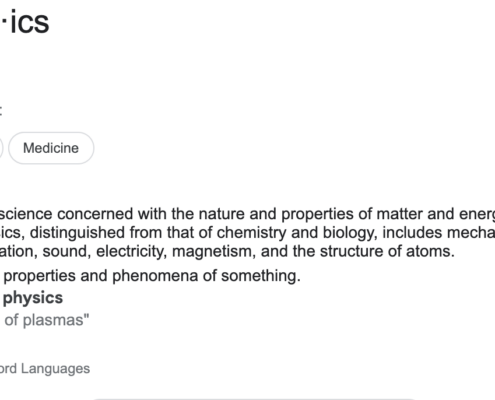
What really matters anyway? And Happy New Year.
Our belief in the fundamental reality of the material world - what we can see, hear, taste and touch - is so strong that it utterly dominates not just our psychological landscape but our intellectual one as well. In the halls of science, there…
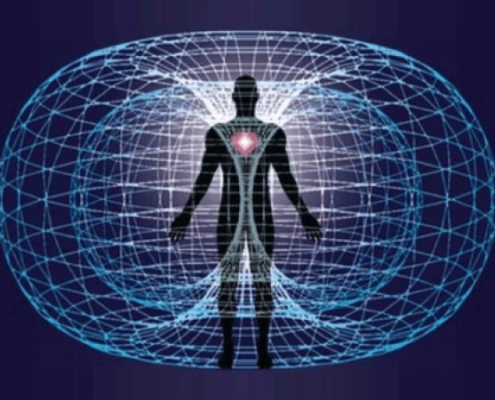
Multi-Dimensional Reality
Dimensions exist all around us. Not just in the animal and plant kingdom but even in the human kingdom - the world or war-torn Syria is an altogether different reality than Wall Street finance in NYC is it not? The notion of beings that…
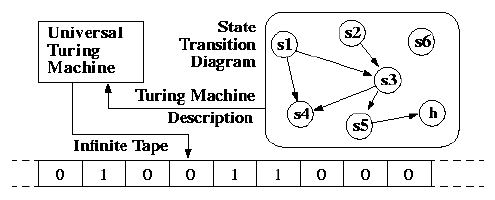
Turing Machines and Computing
Another excerpt from Homo Mysticus, from toward the end of the work where the argument is made that man is a (bio-chemical) machine of sorts (ex machina, the subtitle of the work).
The set of coincidences that we will go through in the…

TikTok, Dolores Cannon and Hypnosis
About a month or two ago I cam across the work of Dolores Cannon. I saw videos of her speaking about her work TikTok, my new favorite (anonymous) social media application where all the strange and wonderful beasts of myth and fantasy seem to…
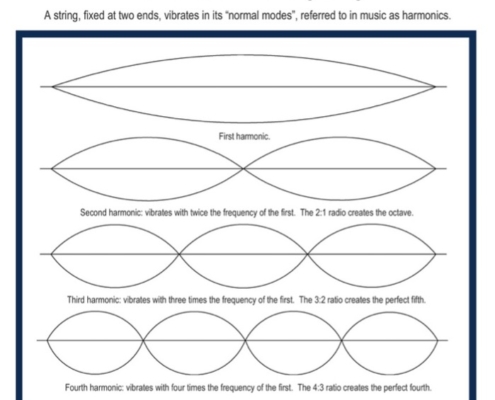
Pythagoras and Fu Xi: Brothers from another Mother
Some of the concluding portions of Homo Mysticus that tie together deep metaphysical concepts from Pythagorean philosophy (as embedded in the tetractys) and the I Ching (Yi Jing), the Classic of Changes, from deep Chinese antiquity.
As…
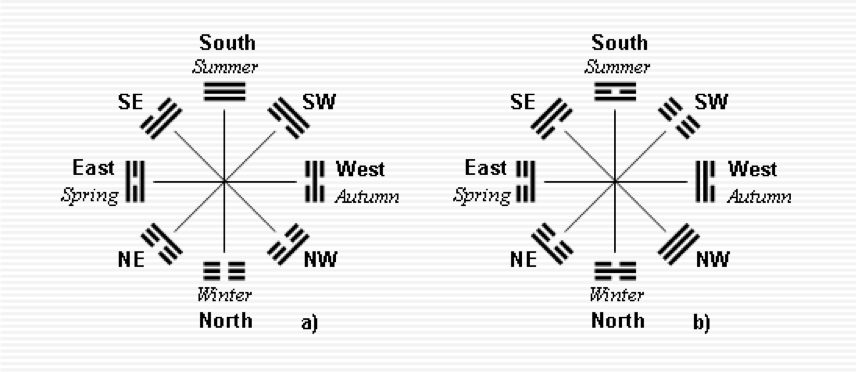
The Eight, The Four, the Three and the Two
We’ll walk through Buddha’s teachings here for a moment but before we get to Buddha’s awakening we must look at how the Buddha arrived at the Bodhi tree to begin with. He was the son of a prince, and when he was born his father was told…
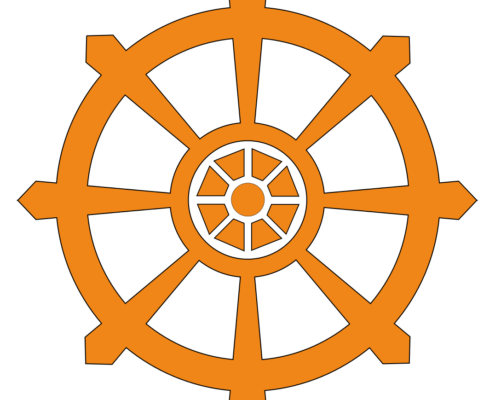
Karma and Dharma (get your shit together)
Spirituality is often used as a means, an excuse, to step away from the world. To abandon one's responsibilities so that one can find a "higher truth". A truth which is so important that they leave their mess (in life) to be cleaned up by someone…
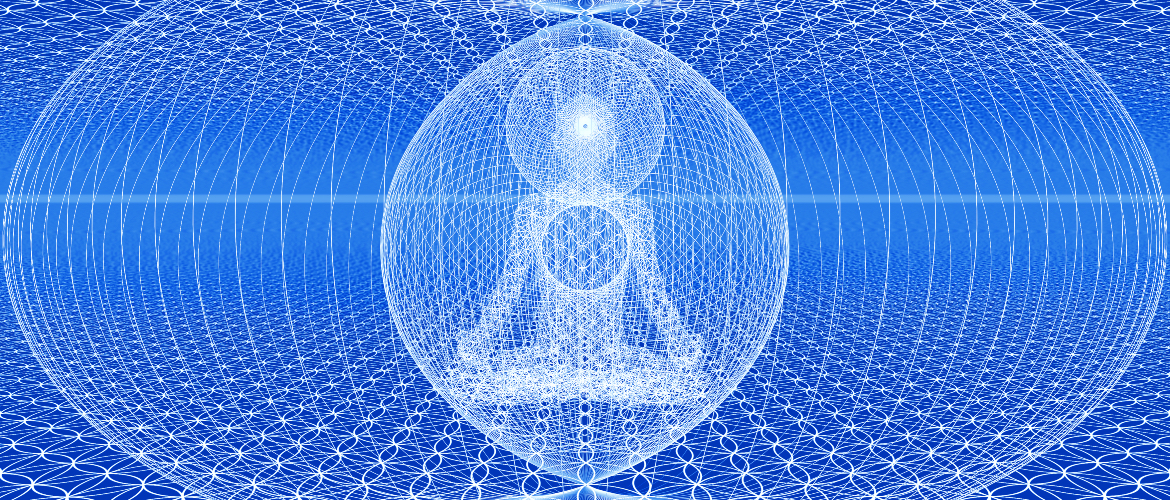
On Dolores Cannon and the Subconscious
Snow Cone Diaries entry today on the nature and mechanics of the subconscious mind, linking Dolores Cannon's groundbreaking work with Vedanta and modern Psychology - and ultimately physics.
Understand the mechanics and you can appreciate…
